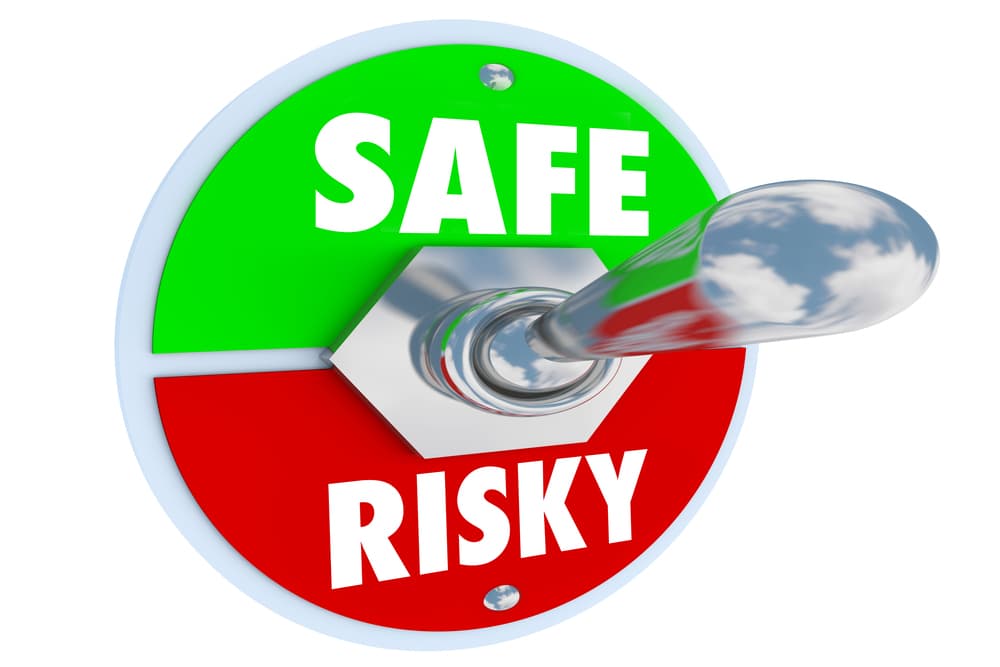Points To Consider Before Investing In Equity Mutual Funds
Equity mutual fund investments come with certain risks due to volatility in the stock market, and as such, investors should keep certain factors in mind before making an investment decision
Equity mutual fund investments come with certain risks due to volatility in the stock market, and as such, investors should keep certain factors in mind before making an investment decision

Old habits die hard. If you have been investing in the equity market during your working life, you will likely continue doing the same after retirement. However, if you have not done it actively, you may be tempted to do that after you retire because of the available time to study and research. These are not invalid reasons, but we must take care of some of the points when investing in equity mutual funds after your retirement.
Risk And Return
Advertisement
Crash of the equity market, bullish moves, rags to riches, and bankruptcy stories abound in the media. You cannot miss it even if you want to. This uncertainty is what creates risk in investment. For example, a stock may double in one year or crash by 90 per cent in another year. You will lose money if you redeem it when the share is 90 per cent down. Similarly, it may exceed all your expectation sometime.
Nevertheless, risky assets tend to work better in the long term because time takes care of all ups and downs of its prices.
Advertisement
Should You Invest In Equity Mutual Funds After Retirement?
The question is whether you should invest in equity mutual funds after retirement.
Investors who have retired from active jobs cannot take many risks because they do not have any source of earning. Therefore, their priority is the preservation of capital. Protection of capital demands that you invest in low-risk instruments.
Hence, it is advisable not to exceed 25 per cent of your capital while investing in equity mutual funds. You should invest major portions, i.e., more than 75 per cent of the corpus, in safe assets like debt funds, small saving schemes or bank fixed deposits (FD).
This will ensure the preservation of capital and decent returns for your needs. Even a little exposure to equity mutual funds for the long term can help your portfolio maximise the return and beat inflation in the long term.
Things To Remember When Investing In An Equity Fund
Consider a few important points while investing in equity mutual funds after retirement.
Never exceed the investment limit that you decided in sync with your risk appetite. Restrict the maximum exposure limit to 25 per cent of your total investment.
Finally, the decisions regarding investments, including equity mutual funds by a senior citizen, should be made based on individual circumstances, financial goals, risk tolerance, and investment horizon. A more conservative investment approach may be appropriate if you have already accumulated sufficient savings to meet your goals and prioritise capital preservation.
The author is an Independent Financial Journalist.
Advertisement
Retirement mutual funds come in multiple variants to choose from, and they can be an effective vehicle to invest and grow one’s savings for the sunset years
Equities are one of the very few investment instruments that have the potential to beat inflation by a big margin over the long term. But should senior citizens include it in their portfolio or avoid it because of its risky nature? We explore
As retirement approaches, many senior citizens consider real estate investment as a viable source of income. While it offers potential benefits, such as rental income and the ability to leverage investments, it also comes with risks that need to be weighed in carefully. Here’s how
Get all the latest stories delivered to your inbox
Advertisement
Get all the latest stories delivered to your inbox